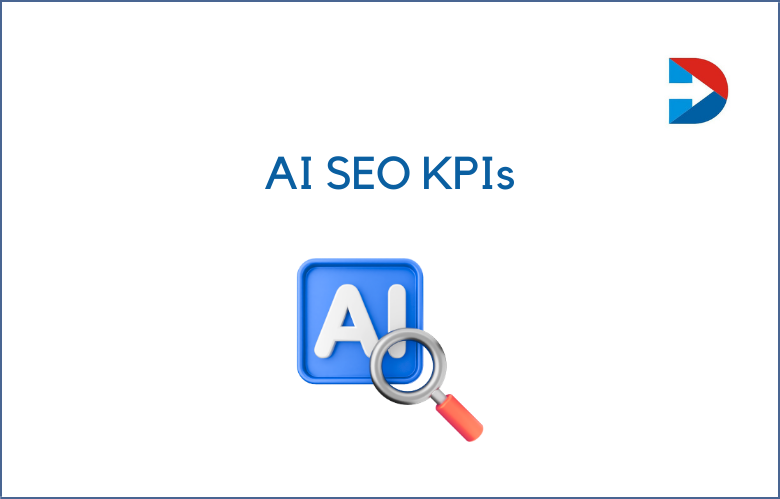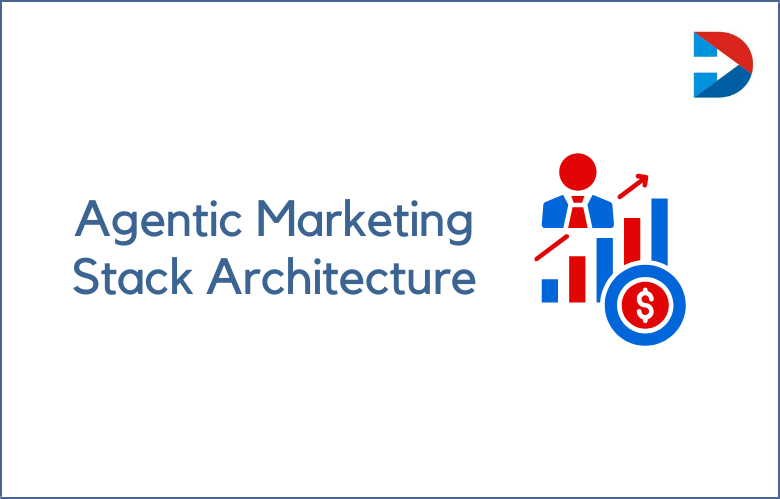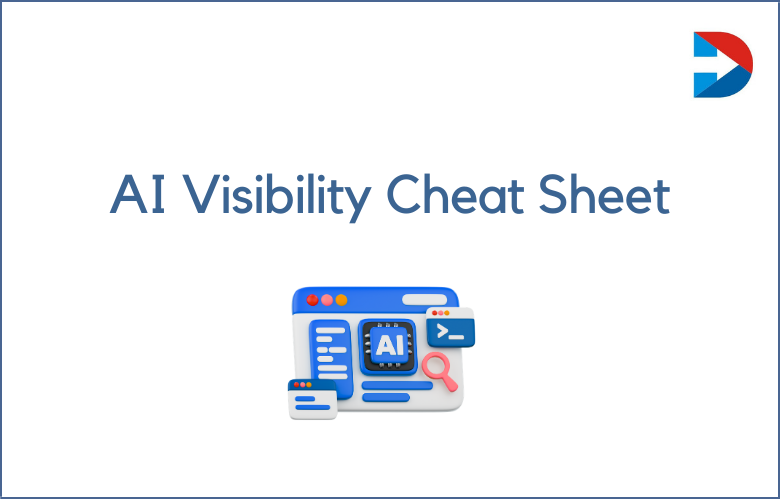Enterprises rely on their websites to conduct business, and these websites must be kept safe and secure. We will outline some security best practices to help you keep your enterprise website safe. Protecting your enterprise website is critical. Not only do you have to worry about the safety of your data, but you also need to ensure that your site is secure from potential attackers.
It can be a daunting task, but there are some security best practices that you can follow to help keep your site safe.
We’ll discuss some of the most important steps you can take to protect your website. We’ll also provide tips on staying ahead of potential threats.
So, if you’re concerned about your enterprise website’s safety, read for more information.
Every business, big or small, needs a website. It’s the face of your company online and can be used to communicate with customers, promote products or services, and more.
But with great power comes great responsibility – and that goes for website security.
We’ll discuss some best practices you can follow to protect your enterprise website from hackers and other threats. So read on to learn more!
Enterprise Website Security
Today, enterprise website security is more important than ever. As businesses increasingly rely on the internet for communication and commerce, protecting their websites from attack is critical.
Deploying the proper website security measures can help keep your business safe and secure online.
The security of your website is essential for doing business online. Protecting your website from attacks helps maintain customer confidence and keeps your information safe.
Choosing the right security solution for your organization is essential to keeping your website safe and secure.
Enterprise Website Security is essential for keeping your site safe from hackers.
However, it’s also important to remember that security starts with you.
By taking some simple precautions, you can help keep your site safe from attack. Here are some tips:
- Always use a strong password and never reuse passwords.
- Use two-factor authentication whenever possible.
- Keep your software up to date.
- Be wary of phishing scams.
- Don’t click on suspicious links or attachments.
Website security is critical for any business, but especially for enterprises. Large companies have much to lose if their website split, so they must invest in robust website security solutions.
Fortunately, various website security tools and services are available to keep enterprise websites safe from attacks.
Enterprises can protect their websites from the latest threats by working with a trusted website security provider.
Any business that wants to stay afloat in today’s market MUST have a website.
However, simply having a website is not enough. That website must be secure. We take website security seriously.
We understand that your website is often the first impression potential customers will have of your business. That’s why we offer enterprise-level website security solutions customized to fit the specific needs of your business.
Contact us to learn how we can help keep your website secure, and your business thriving.
Securing your website is essential for protecting your business. You can take many steps to ensure your website is secure, from using a strong password and regularly updating your software.
Taking these measures will help keep your site safe from attack.
Security Best Practices To Keep Your Enterprise Website Safe
Keeping your enterprise website safe doesn’t have to be complicated. By following a few simple best practices, you can ensure your site is secure from attacks.
Here are some security best practices to keep in mind:
- Keep your software up to date. Regularly update your web server, content management system, and other software. This way, you can fix known vulnerabilities and make it harder for attackers to exploit them.
- Use strong passwords. When creating passwords for your website, use letters, numbers, and symbols. Don’t use dictionary words or easily guessed phrases.
- Don’t forget about physical security. In addition to protecting your website with software measures, physical security
- Monitor and log all activity on your website and database.
- Use a Web Application Firewall (WAF) to protect against common attacks.
- Keep your website and apps up to date with the latest security patches.
- Encrypt all sensitive data transmitted between your website and users.
- Train your employees on cybersecurity best practices.
- Make sure your website runs the latest software and plugin version.
- Back up your website regularly.
- Implement a Website Application Firewall (WAF)
- Use strong authentication and authorization measures.
- Monitor your website for suspicious activity.
- Use strong passwords and change them regularly
- Implement two-factor authentication
- Use a web application firewall
- Conduct regular security audits
- Keep your software and plugins up to date
- Keep your software up to date. Regularly update your content management system, plugins, and themes.
- Enable two-factor authentication. It requires users to confirm their identity with a second device before being able to access your site.
- Use strong passwords. Avoid using easily guessed words or phrases. Include a mix of uppercase and lowercase letters, numbers, and symbols.
- Limit user access. Only give users the permissions they need to do their job.
- Keep your software up to date. Regularly update your CMS, plugins, and other software to reduce the risk of exploited vulnerabilities.
- Use a robust password policy. Require strong passwords, limit login attempts, and enable two-factor authentication for added security.
- Scan for malware regularly. Use a reliable malware scanner to check infections and clean up any malicious code detected.
- Keep your software up to date. Regularly applying security patches is crucial to defending against attacks.
- Use robust authentication methods. Strong authentication can go a long way in protecting access to your website.
- Implement security at every level. From the network to the application, ensure your website is well-protected against threats.
- Monitor activity and respond quickly to incidents. Keeping an eye on moving around your website can help you identify and resolve potential security issues quickly.
- Plan for disaster recovery. Having a plan in place to recover from a breach is essential.
Conclusion
Enterprises must take website security seriously to protect their customers and confidential data.
Following our outlined best practices can help keep your site safe from attack.
If you have any questions or want more information on enterprise website security consulting, please don’t hesitate to contact us.
Our team of experts is standing by, ready to help you secure your website and keep your business safe online.



